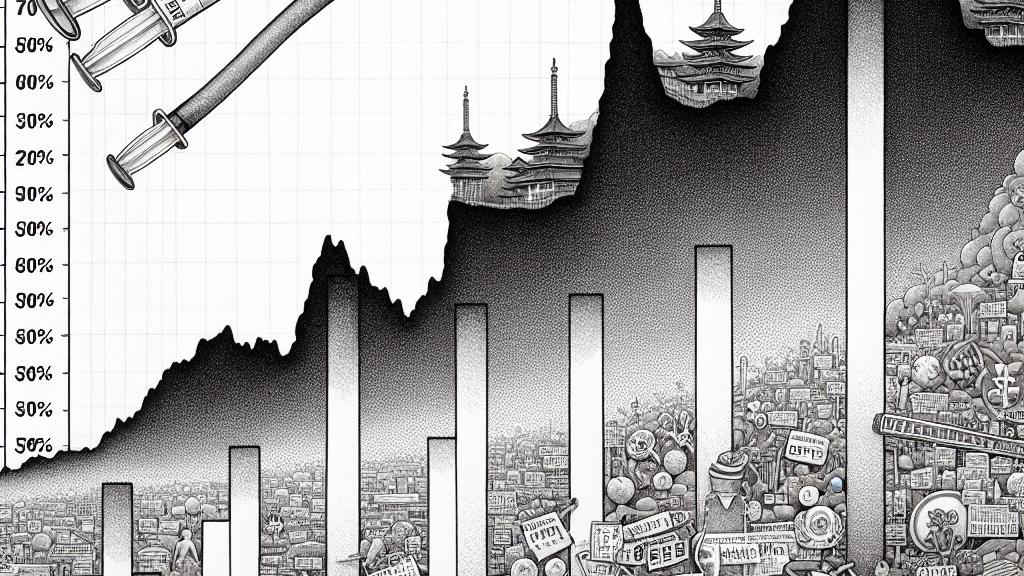Understanding Japan's HPV Vaccine Crisis: A Global Perspective
Overview
- Japan's HPV vaccination rates have seen a dramatic decline since 2013, raising serious health issues.
- Sensational media reports and widespread misinformation have led to growing public hesitancy.
- Global examples show how effective communication can restore confidence in vaccination programs.

The Alarming Decline in HPV Vaccination Rates
Since 2013, Japan has faced an alarming drop in HPV vaccination rates—a decrease so severe that it raises immediate concerns about public health. Initially, this vaccine was hailed as a groundbreaking tool in the fight against cervical cancer, showing remarkable promise. For example, countries such as Scotland have reported that vaccination rates among adolescents led to a dramatic decline in cervical cancer cases. In contrast, Japan experienced a staggering fall in vaccination rates from about 70% to less than 2%, placing countless women at risk. This begs a profound question: How did Japan, renowned for its advanced healthcare system, permit such a crucial public health initiative to deteriorate?
Misinformation and Media Impact: A Double-Edged Sword
The media's influence emerged as a double-edged sword in this crisis. While it has the power to inform, it too often sensationalizes health issues, particularly regarding vaccines. Numerous reports, focusing primarily on adverse reactions to the HPV vaccine, overshadowed substantial evidence supporting its safety. One shocking example reveals that a sensationalized news article caused a notable decline in vaccination rates among young girls in Japan. Furthermore, similar patterns have been observed globally; research shows that negative vaccine narratives on social media heavily impact parental decisions. For instance, a study showed that mothers exposed to negative content were considerably less likely to vaccinate their daughters, highlighting a crucial connection between media portrayal and public perception. Addressing this urgent challenge is critical for restoring trust in health communications.
Global Lessons and Community Engagement: A Road to Recovery
Examining global examples offers vital lessons for Japan's path forward in improving HPV vaccination rates. Countries like Ireland and Denmark faced parallel challenges, yet effectively rejuvenated their vaccination programs by prioritizing community engagement and transparent communication. For instance, they mobilized health professionals and survivors of cervical cancer to share personal stories, transforming fear into education and empowerment. Such relatable narratives serve to demystify the vaccine, drawing on emotional resonance to shift public attitudes. Japan could greatly benefit from implementing similar strategies, ensuring that public health messaging is rooted in compassion, understanding, and factual clarity. By prioritizing education over sensationalism and fostering dialogue around the importance of HPV vaccination, Japan stands poised to rebuild public trust, safeguard women's health, and ultimately lead to better health outcomes for future generations.

Loading...